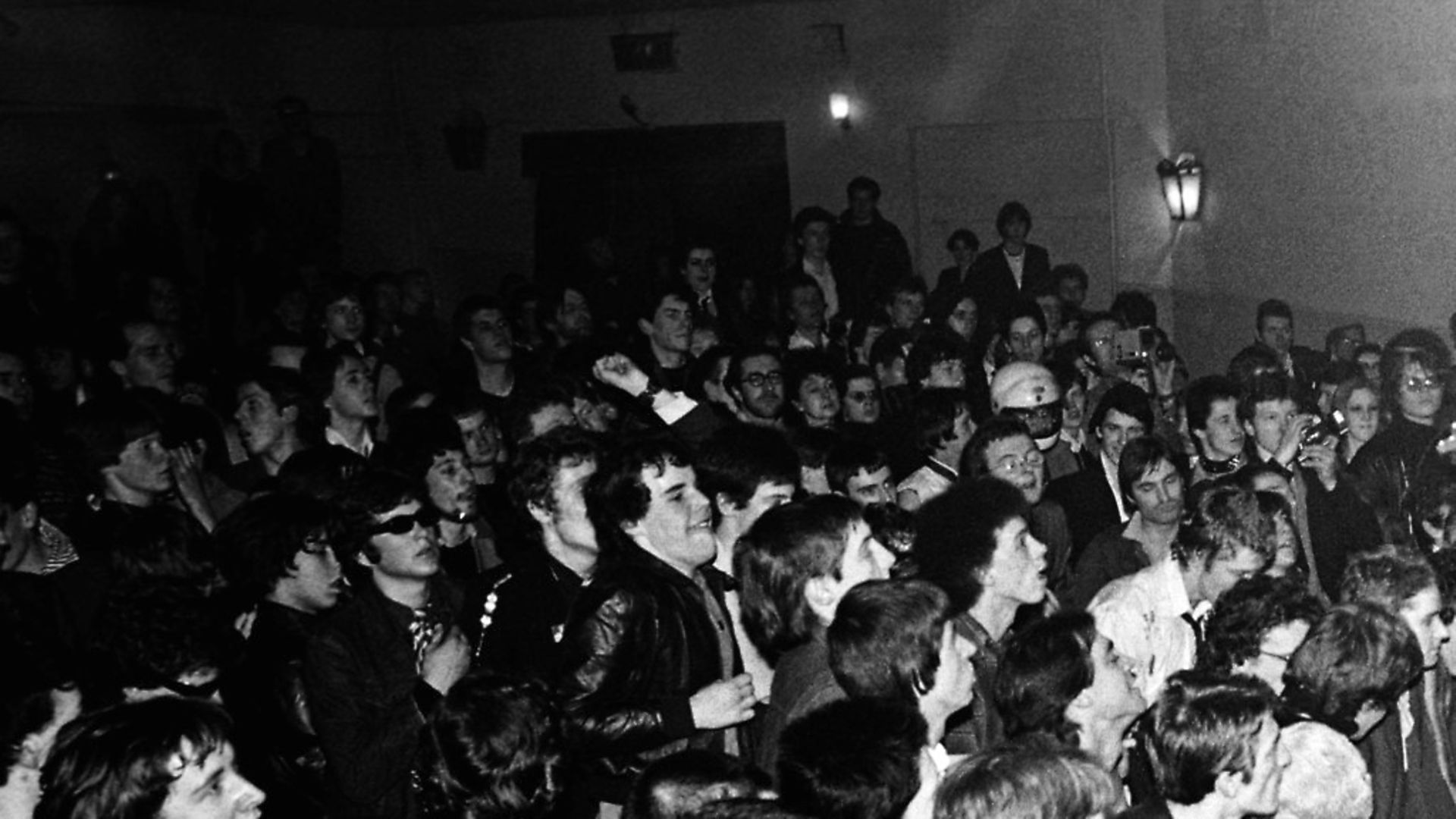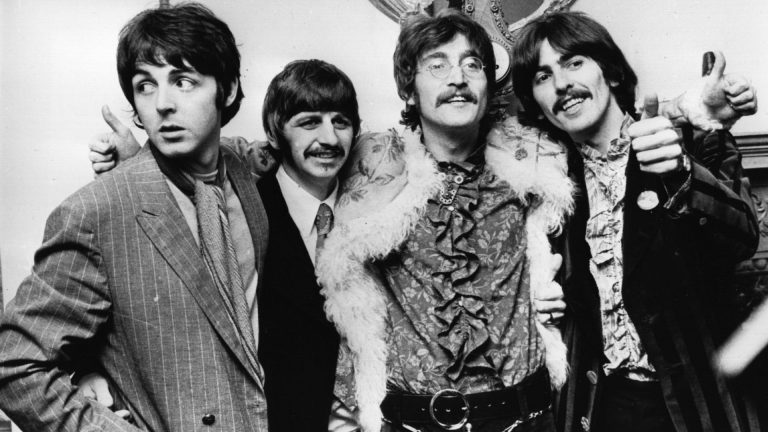
PETER TRUDGILL on the origins of many of our most common surnames… and much more besides
There are quite a lot of people in Great Britain, and in other English-speaking parts of the world, who have surnames ending in -kins or -kinson: Atkins, Dickinson, Jenkins, Parkinson, Simkins, Tomkinson, Watkins, Wilkinson – and plenty more. If we think about the composition of these names, it is rather obvious what the -son part means. The -s in Tomkins and Atkins similarly means ‘of Tomkin’, with the ‘child (of)’ meaning being understood. But what exactly does the -kin part mean? Where did that come from?
We might suppose that this element has something to do with kin in the sense of ‘group of people descended from a common ancestor, and so connected by blood-relationship; a family, stock, clan’ – after all, surnames are very much linked to family membership. But there is actually no connection there at all: kin in the sense of ‘family’ is a totally different word, coming from Old English cynn which has the same origin as Latin genus.
It is not easy for modern English speakers to work out what the -kin in Watkins and Watkinson might denote because in modern English this -kin does not really mean anything at all. But it used to signify something – not least during the 14th and 15h centuries, when the practice of giving people surnames was beginning to become established. And it turns out that we can get help in interpreting what this element used to mean by looking at other languages which are closely related to English.
For example, the equivalent form to -kin in Modern German is -chen, as in the word Brötchen ‘(bread) roll’, which comes from Brot, ‘bread’, plus -chen, a diminutive suffix signifying ‘small’; a Brötchen is literally ‘a small bread’. Mädchen, ‘girl’, originally meant ‘little maid’; and Häuschen is the diminutive of Haus, ‘a small house’ – or ‘housekin’, in English, if we had such a word.
In older forms of Dutch, the equivalent of ‘little house’ would have been huisken, though in the modern language -ken tends to have become -ke or -eke. The West Frisian language of the northern Netherlands also has the diminutive suffix -ke, from an earlier -ken, as in famke ‘(little) girl’ from faam, ‘maiden’. In the North Frisian language of northern Schleswig-Holstein, the same suffix occurs, as in köpke, ‘little cup’ from kop, ‘cup’.
According to the Oxford English Dictionary, in those cases where -kin does occur in English, it is mostly found in words borrowed from or influenced by Dutch. Firkin, ‘small beer cask’, is from older Dutch ferdekyn = vierdekijn, a diminutive of vierde, ‘a fourth, quarter’.
Catkin probably comes from Dutch, katteken, ‘little cat’. Manikin is from the Dutch for ‘little man’, while mannequin is the same word as it has come into English from Dutch via French.
Jerkin and bumpkin may also be Dutch-origin words. And in East Anglia, people know the word hutkin, ‘finger stall’, which quite possibly comes from an older Dutch or Flemish word hoedekin, ‘little hat’.
We also have English-origin -kin words such as lambkin, ‘little lamb’, and napkin, ‘little nape (tablecloth)’.
However, it is in the English-language family names which we have already mentioned that the -kin suffix survives most strongly. For many of these names it is easy to work out what they would have meant: Wilkin was ‘little Will’, and Tomkin meant ‘little Tom’. Dickens – most famously Charles Dickens, pictured – and Dickinson were originally ‘(son) of little Dick’.
Other such names may take a little more thought: Atkins was ‘little Adam’, Watkin meant ‘little Walt’, Larkin was ‘little Lawrence’, and Jenkins meant ‘of little John’. Rankin was from Ranolff or Randoph. Hoskin(s) came from a diminutive form of Osbert, with an added h; while Hopkin(s) was a diminutive of Hobb, a rhyming nickname from Rob(ert) or Robin. Dawkins was originally ‘(of) little David’. And – my favourite – Parkins(on) and Perkins came from Pierre, or Peter.
PETITE
In French, the word petite is simply the grammatically feminine form of the adjective meaning ‘little’: a table can be petite. As the word has been borrowed into English, however, it means something much more specific. It is used of a woman or a girl to indicate that she is diminutive in an attractive way.









